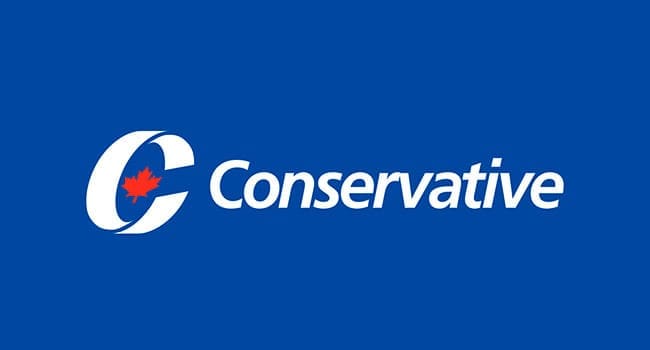 At last weekend’s Conservative Party policy convention, members gathered in Vancouver to say goodbye to former prime minister Stephen Harper’s near-decade of strong leadership, and hello to a new, “with-it” political party.
At last weekend’s Conservative Party policy convention, members gathered in Vancouver to say goodbye to former prime minister Stephen Harper’s near-decade of strong leadership, and hello to a new, “with-it” political party.
That was the goal, anyway. Did it succeed?
During the convention, Tories tweaked several long-standing policy positions in different directions. The party now supports a peace officer’s right to issue a ticket for “simple possession of small quantities of marijuana,” for example. They backed “conscience rights” for doctors, nurses and other healthcare professionals who refuse to perform medical procedures like abortion and euthanasia due to their own beliefs. There was strong support for “right-to-work legislation” to reduce union control.
An important additional phrase, “a belief in the value and dignity of all human life” was also added to the party’s governing principles. While some Tory critics, and reportedly a party delegate, mumbled that it had social conservative connotations, it really doesn’t. The statement should not be objectionable to anyone who treasures the basic principles of freedom, liberty and democracy.
The biggest issue that had some Tory supporters crowing, however, was the change in party policy on same-sex marriage.
Even though Canada legalized same-sex marriage in July 2005, the Conservative party constitution defined marriage as “the union of one man and one woman.” This policy was struck down in Vancouver by a vote of 1,036 to 462. All of the provinces and territories, except Saskatchewan, voted in favour of a neutral position on marriage.
The political left treated this decision in its usual mocking tone. Prime Minister Justin Trudeau told attendees to the Liberal Party conference in Winnipeg: “Better late than never. Who knows? . . . Ten years from now, they might finally be willing to admit that climate change is real. Or that tax cuts for rich people don’t help the middle class. Or that government shouldn’t legislate what women can wear on their heads.”
Trudeau’s derogatory remarks aside, it’s clear that Conservative party members missed a few things.
First, a significant number of Tories haven’t paid close attention to the party’s traditional marriage policy since the Liberals forced our nation to accept same-sex marriage more than a decade ago. Second, younger Conservatives – in particular, millennials – are heavily supportive of gay couples getting married in Canada and beyond. Third, there are small “c” conservatives who, like me, still oppose same-sex marriage but don’t feel the need or desire to re-open these political war wounds again.
In other words, many Tories have either willingly or begrudgingly accepted the fact that the battle for marriage is over – and they lost. There are other important battles that need to be fought, and the party must focus its time and energies on them.
Fred Litwin, a Conservative activist who runs the blog Gay and Right, told Daily Xtra on May 28, “It’s cleaning up a remnant that needed to be cleaned up.” Litwin, who also organizes the biannual Fabulous Blue Tent Party with Roy Eappen and Jamie Ellerton, makes a very good point. What made sense as policy in the past no longer does in the present, which means it’s time to adjust things.
Hence, the main selling feature for the recent Tory policy convention was a success, for the most part.
It is unclear, however, whether some of the holdout social conservatives accept the Tories’ shift on same-sex marriage, and adjustments to other policy changes.
There’s an element of frustration over the watering down of social conservatism and traditional family values. It’s true that their political options are limited, and a massive shift to smaller outfits like the Christian Heritage Party is unlikely. However, social conservatives could sit at home in record numbers – and cause damage to the party in several key ridings.
We’ll see what happens.
Michael Taube, a Troy Media syndicated columnist and Washington Times contributor, was a speechwriter for former prime minister Stephen Harper. He holds a master’s degree in comparative politics from the London School of Economics.
The views, opinions and positions expressed by columnists and contributors are the author’s alone. They do not inherently or expressly reflect the views, opinions and/or positions of our publication.


